Death of 61-year-old Sembawang resident highlights rising concern over elderly isolation
A 61-year-old man was found dead in his Sembawang flat on 4 September 2025 after neighbours reported a foul smell. While no foul play is suspected, the case has reignited concerns over isolated elderly deaths in Singapore’s ageing population.
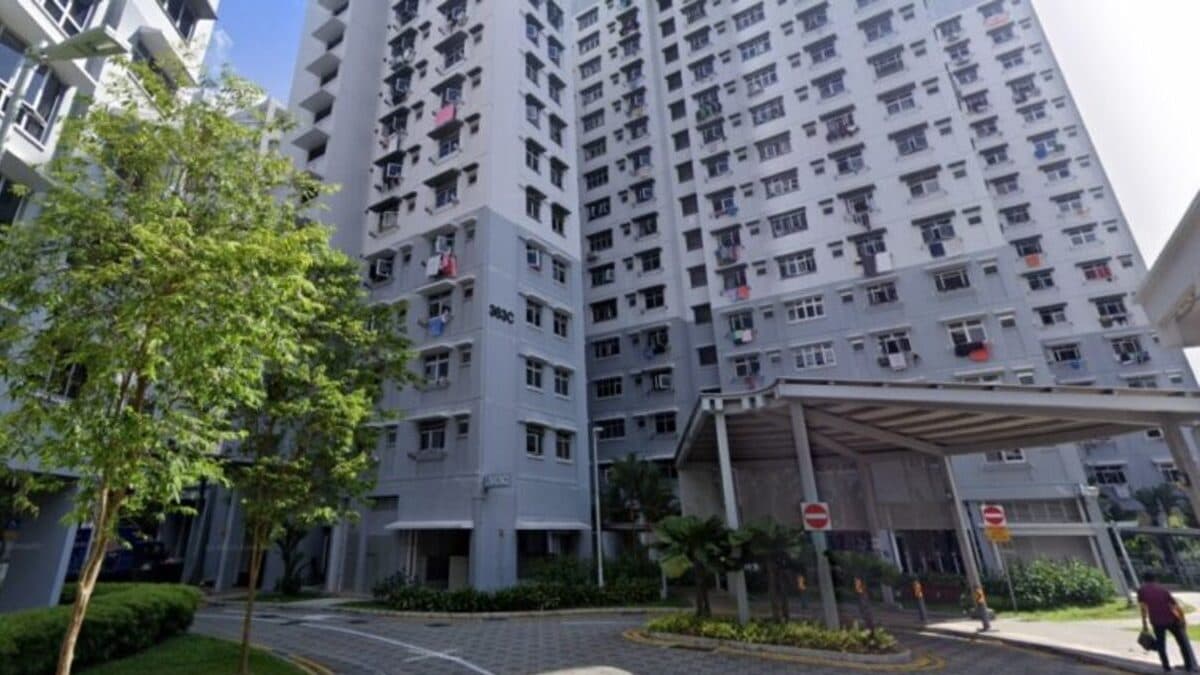
- A 61-year-old security guard was found dead in his Sembawang Crescent flat after neighbours noticed a strong odour.
- Police ruled out foul play, marking the 25th solitary death reported in Singapore this year.
- The incident renews calls in Parliament for improved monitoring and community outreach to isolated seniors.
SINGAPORE — A 61-year-old man was found dead in his Housing Board flat in Sembawang on 4 September 2025, after neighbours alerted the police to a foul odour coming from the unit. The man, who reportedly worked as a security guard and had moved in only a few months earlier, was described by residents as friendly and popular with children in the neighbourhood.
According to local Chinese daily Lianhe Zaobao, police received a call at around 2.10pm to attend to Block 363C Sembawang Crescent. Paramedics from the Singapore Civil Defence Force pronounced the man dead at the scene. Police confirmed that no foul play was suspected and that investigations were ongoing.
Neighbours had noticed unusual signs in the days leading up to the discovery. A 53-year-old resident, known only as Pek, said the lights in the flat had been left on for several days and a strong smell had begun to spread through the corridor. After discussing with other neighbours, he decided to contact the police. Another resident, 29-year-old Wu, said officers had to peer through a window after finding the door locked, where they saw the man’s body inside.
The case has since drawn renewed attention as the 25th reported solitary death in Singapore this year, reigniting debate about elderly isolation and the adequacy of community support systems. Many of these cases involve seniors living alone with minimal family contact, sometimes discovered only after neighbours report odours or inactivity.
According to The Straits Times, the Ministry of Health (MOH) does not currently track statistics on solitary deaths, though the Health Sciences Authority handles fewer than 100 unclaimed bodies annually. Similarly, the Singapore Police Force does not maintain records specific to such cases — a point confirmed by Minister for Home Affairs K. Shanmugam during a parliamentary session on 7 August 2024.
Workers’ Party Member of Parliament Dennis Tan had previously questioned whether government agencies shared data on these deaths to help prevent future occurrences. Shanmugam explained that while police officers do not compile statistics on such cases, they refer elderly individuals encountered during patrols to social services or community networks when necessary.
In May 2023, MP Yip Hon Weng proposed closer monitoring of seniors who are reluctant to engage with community programmes, arguing that proactive intervention could save lives. He emphasised that having structured data would allow agencies to identify at-risk individuals and strengthen outreach.
Then-Minister of State for National Development Muhammad Faishal Ibrahim noted that several initiatives were already in place under the Ageing Action Plan, including the Live Well, Age Well programme and outreach efforts by Silver Generation Ambassadors. However, he acknowledged that the government could not address the issue alone and highlighted the importance of community participation in identifying seniors in distress.
Dennis Tan also urged the government to boost funding for Active Ageing Centres and improve access for their staff to conduct welfare checks. He suggested that empowering frontline workers could help detect potential neglect or health issues before they become fatal.
Civil society groups have also stepped in to document these cases. The Online Citizen has launched an initiative under its politicalsg wiki to track solitary deaths in Singapore, aiming to create a centralised database and raise public awareness about elderly isolation.
Sociologists and social workers have long warned that Singapore’s rapidly ageing population could lead to more cases of seniors dying alone if stronger social networks are not built. They stress that beyond government policy, neighbourly vigilance and sustained community engagement play a crucial role in preventing such tragedies.
This latest incident in Sembawang is a stark reminder of that challenge. For now, police investigations continue, but the wider conversation on how Singapore can better support its ageing citizens is likely to persist.


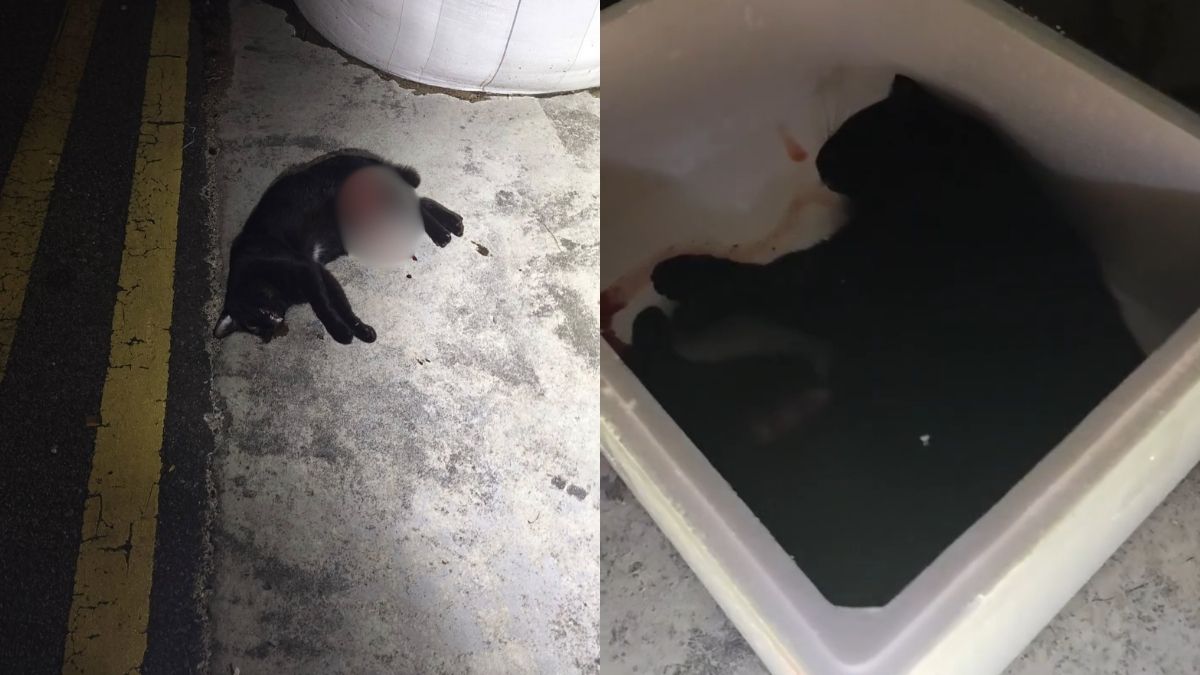
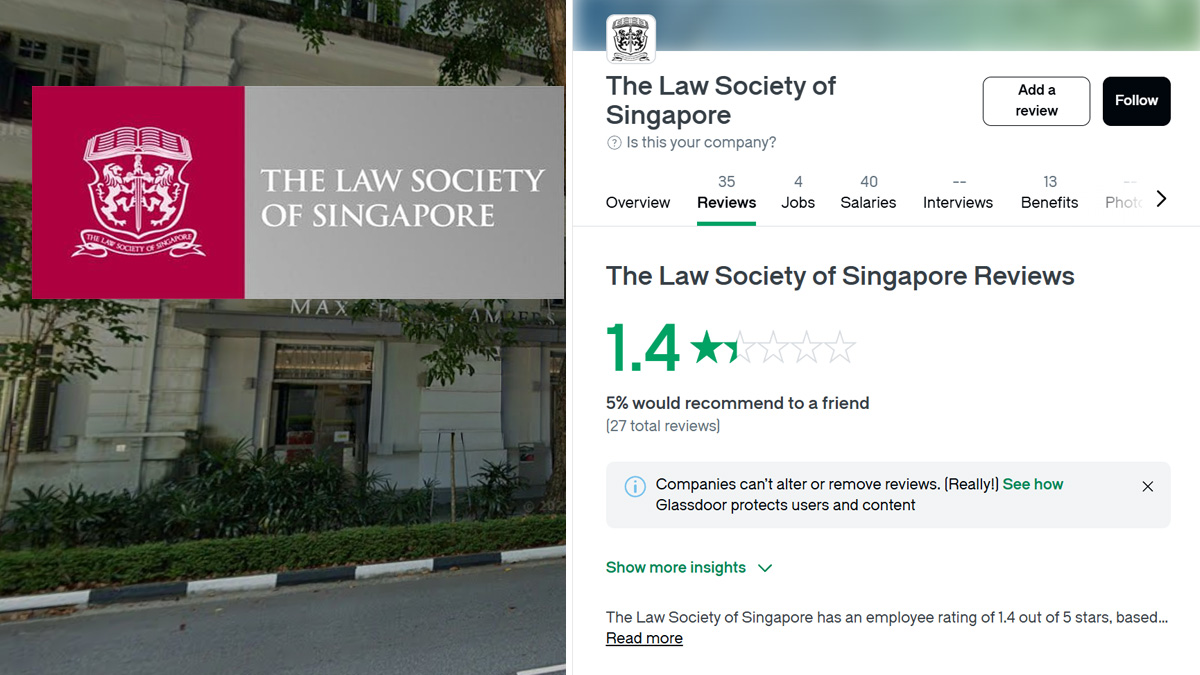
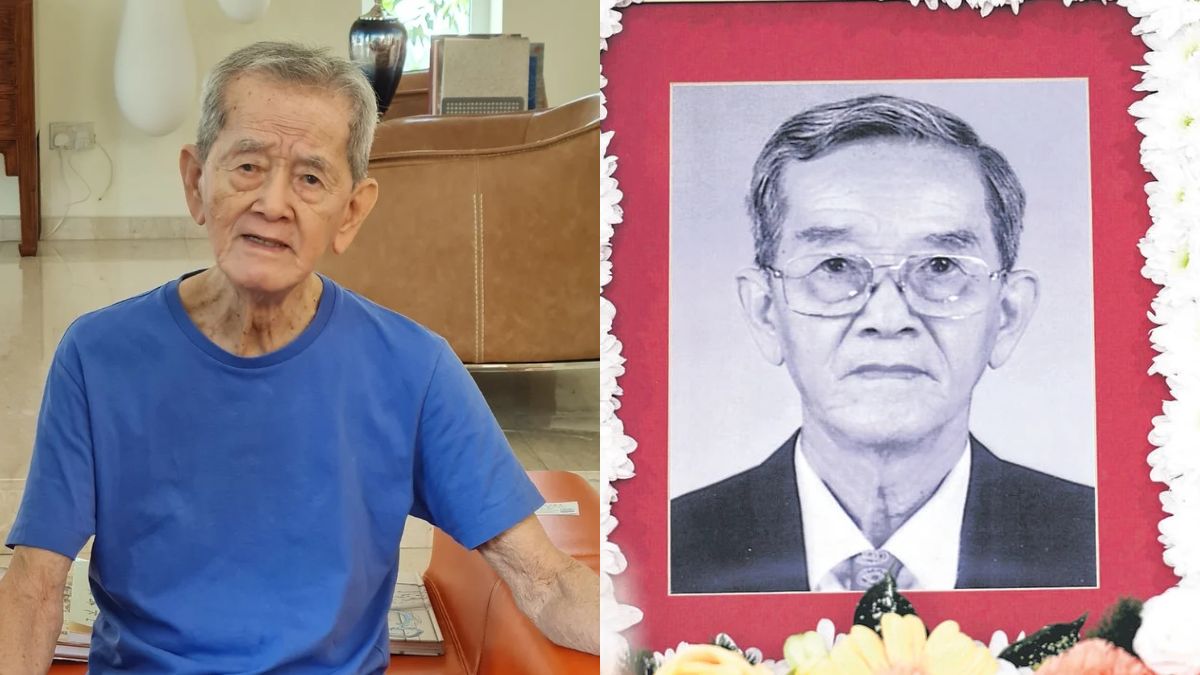


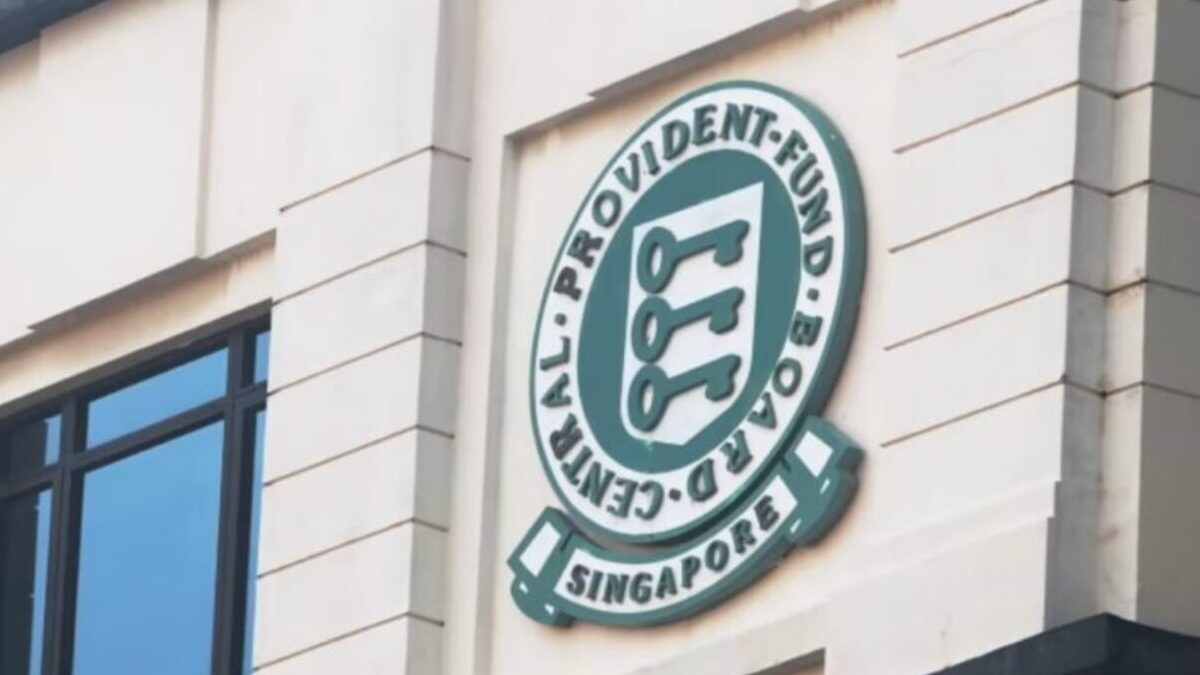
0 Comments